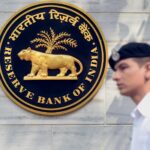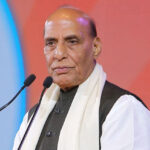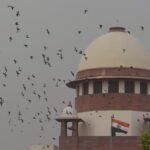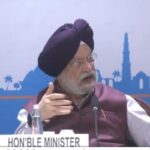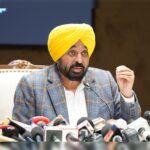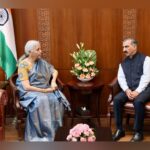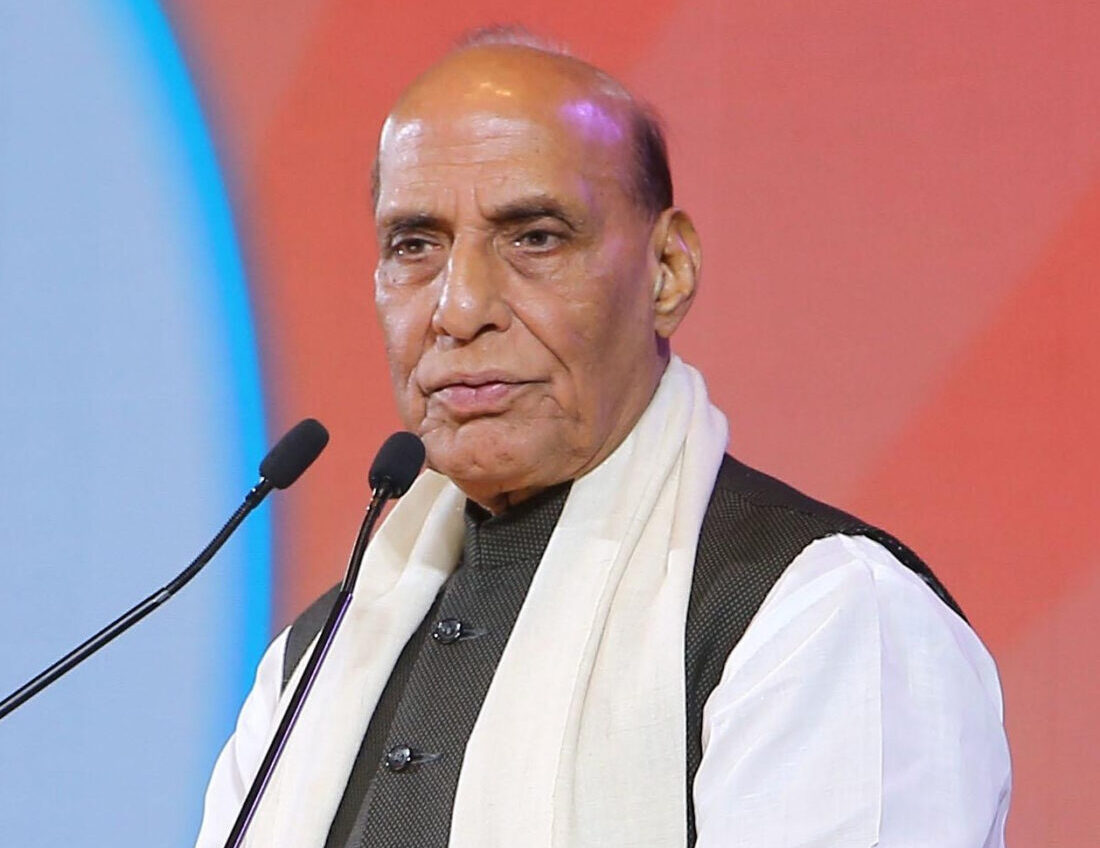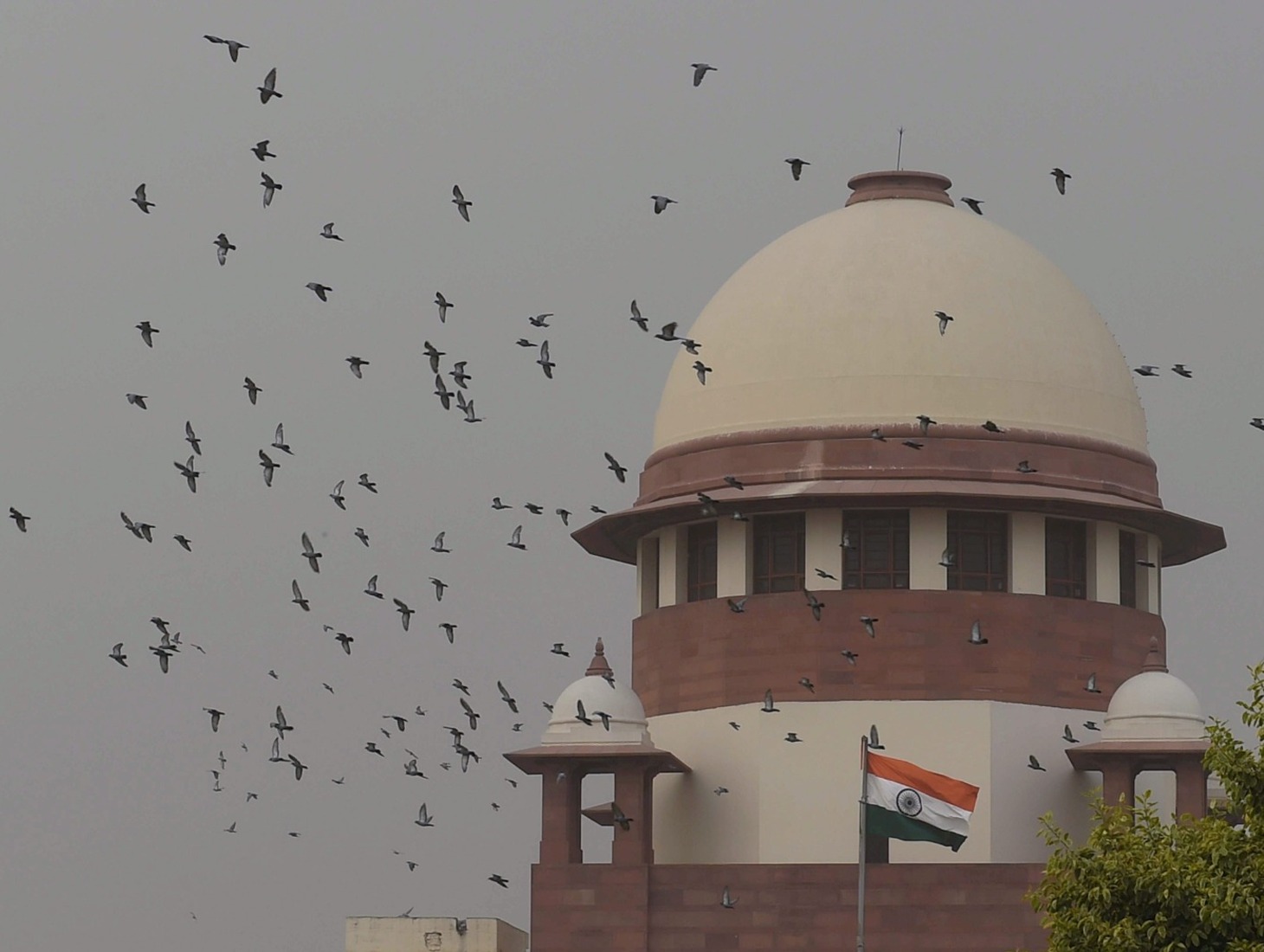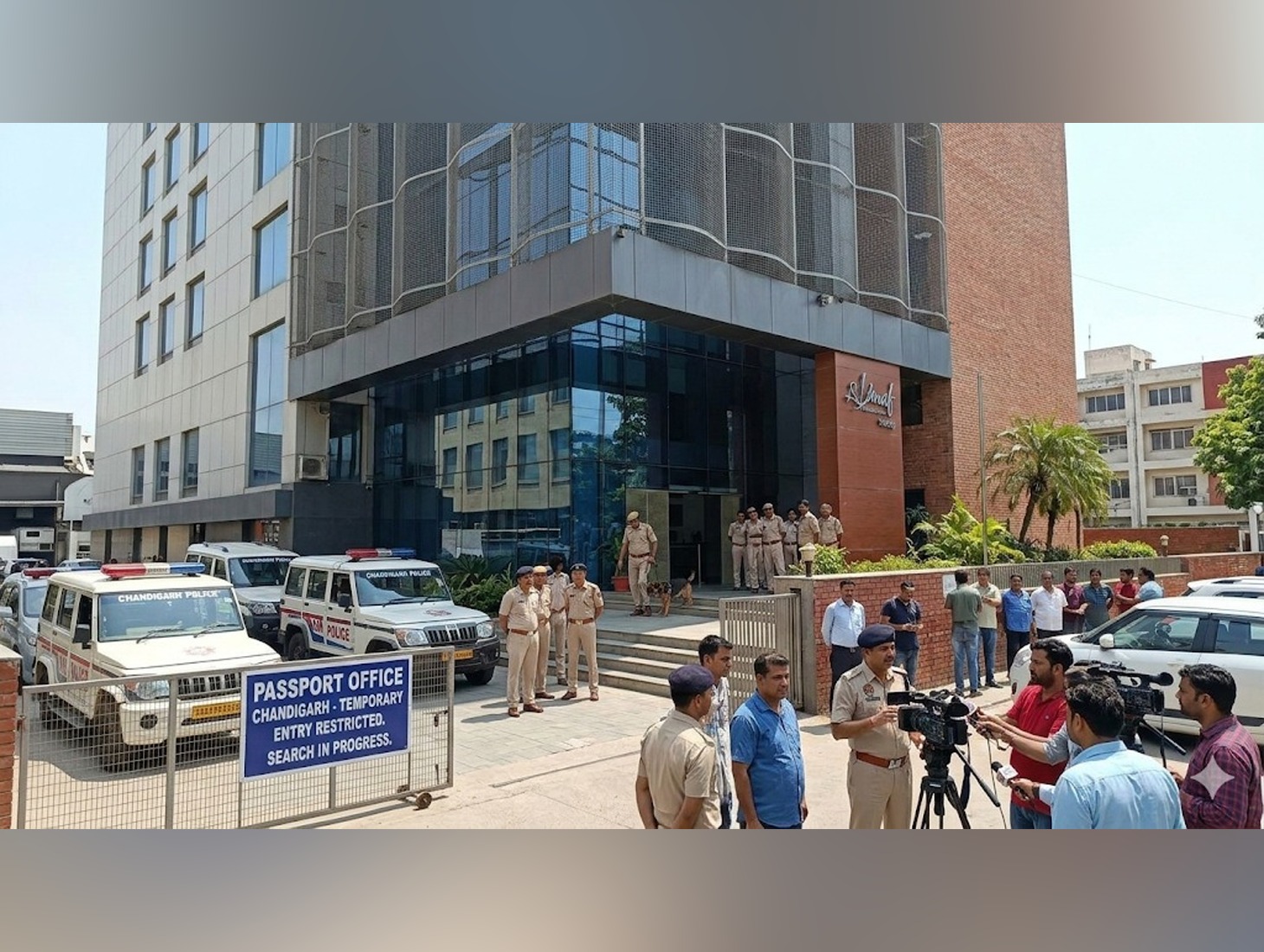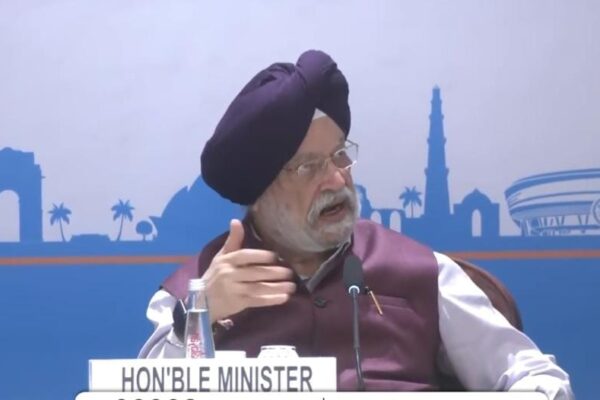The North News
New Delhi, April 16
The chargesheet filed by the Enforcement Directorate (ED) against Sonia Gandhi and Rahul Gandhi in the ₹2,000 crore National Herald money laundering case has jolted India’s political establishment. The BJP calls it long-overdue justice. Congress decries it as an act of political vengeance. The Gandhis, two of India’s most prominent political figures, are now accused in a prosecution alleging the misuse of party funds and illegal acquisition of public assets.
Founded in 1938 by Jawaharlal Nehru, the National Herald once gave voice to India’s independence struggle. Its parent company AJL later accumulated significant real estate holdings across the country. The Gandhis, once considered untouchable in India’s political theatre, are now officially accused—named as Accused No. 1 and 2—in a prosecution that centers on a complex scheme involving the transfer of assets worth ₹2,000 crore from the publicly-held Associated Journals Limited (AJL) to a privately controlled company, Young Indian. Sonia Gandhi and Rahul Gandhi together hold a 76% stake in Young Indian, which allegedly acquired 99% of AJL shares for a mere ₹50 lakh. The ED has cited a 2017 Income Tax assessment order to allege a “criminal conspiracy” to misappropriate these assets.
The details are complex, but the essence is simple: public-purpose party assets were allegedly converted into private wealth. The chargesheet, filed under various sections of the Prevention of Money Laundering Act (PMLA), names not only the Gandhis, but also veteran Congress leaders Suman Dubey, Sam Pitroda, the late Motilal Vora, Oscar Fernandes, and private companies including Dotex Merchandise.
This isn’t a sudden revelation. The National Herald controversy has simmered for over a decade, initially brought into the spotlight in 2012 by BJP leader Subramanian Swamy. What’s changed now is the formal step into the legal domain. Special Judge Vishal Gogne has taken cognisance of the chargesheet and set April 25 as the next hearing date.
Predictably, political fault lines have hardened. The BJP is celebrating what it sees as a strike against dynastic corruption. Congress, meanwhile, has launched nationwide protests, accusing the government of weaponising investigative agencies. Placards are raised, arrests are made, and television studios buzz with partisan fury.
But amid all the noise, one truth must be acknowledged: the gravity of the allegations demands more than political theatre. They demand judicial clarity. Whether this is a political vendetta or a genuine legal case is a question for the courts—not party spokespersons or social media echo chambers.
And while Congress may argue that its leaders are being singled out for political reasons, that does not exempt anyone from the legal process. If the Gandhis are innocent, the courtroom is their best defence. If not, the law must take its course—without fear, favour, or favouritism.
India’s democracy is often tested at the intersection of legacy and legality. This case offers a chance to reaffirm the independence of institutions and the principle that no one—no matter how powerful—is above the law.
Let the protests rage and the politicians posture. But let the judiciary work. Because in the end, it is not the noise that will define this case, but the quiet assertion of due process.


